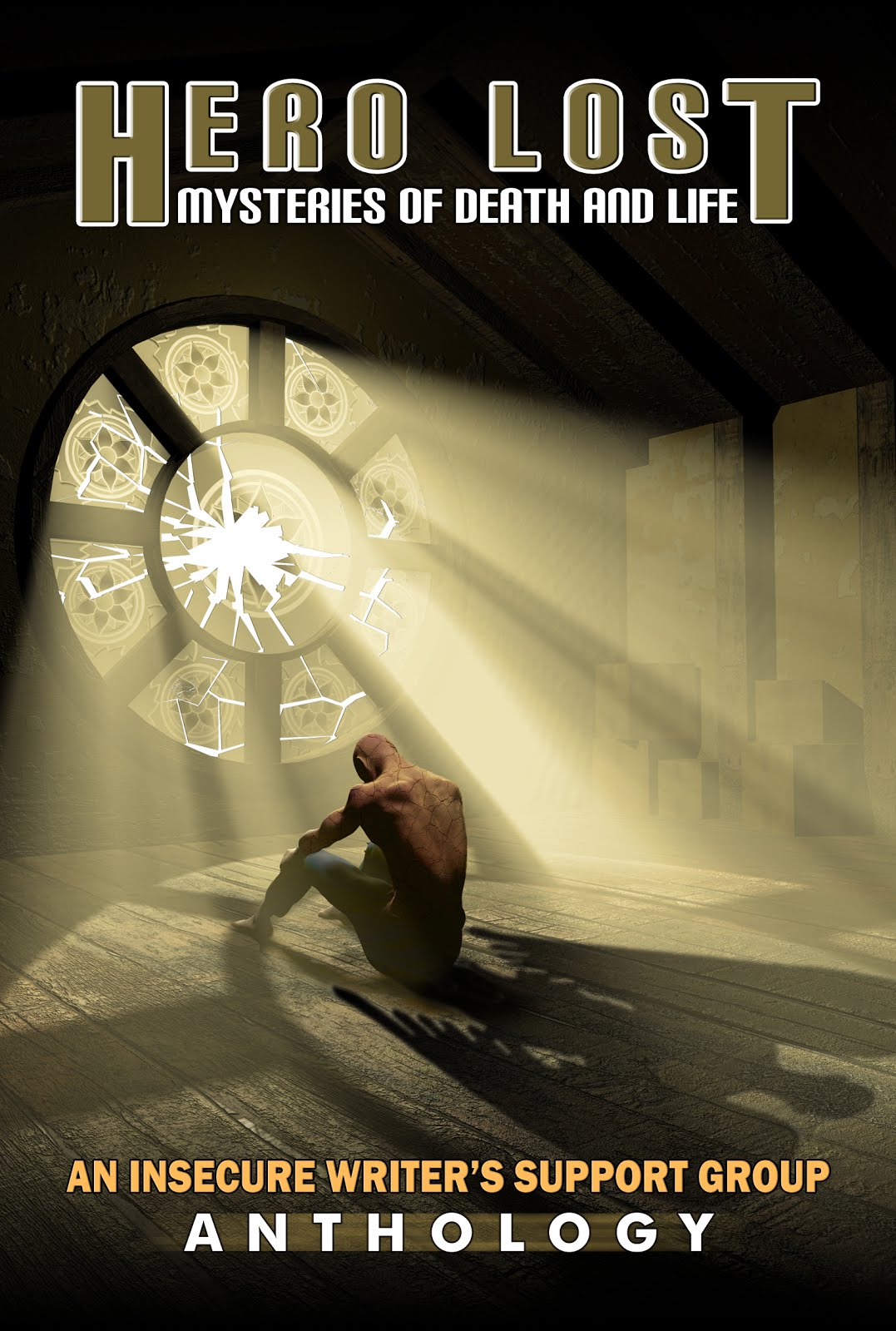Every story has a beginning. More specifically,
every written story has a first line that sends the reader into the world of
that story. Like me, you’ve probably read from dozens of books or blogs that state
just how important it is to have a well-crafted first line. While this is
certainly true, if you focus too much on making it perfect, especially in a
first draft, you could be headed for disaster. Or even a broken heart.
I’m going to say something that I didn’t even
realize I believed until I started writing this. The first line isn’t as
important as people make it out to be. Think about some of your favorite books.
Do you remember the first lines off the top of your head? Probably not. But at
the same time, if you look back at those books and read the first lines,
they’ll most likely resonate with you. So while it isn’t necessarily going to
make or break your whole novel, it is important.
The first line is a fickle creature. You need the
perfect balance of vagueness and intrigue. You don’t want to give away the
whole novel in the first line, but you do want to give away enough to make the
reader curious. It can be simple, but not dull. Sometimes a simpler sentence
will be more intriguing than a complicated one. And it will be a jumping off
point for the next few paragraphs or pages, where you will have more space to
expand your ideas and themes.
Once you have that first line written, keep going
with your story, but every so often go back and see if the first line is still
a good fit. Even if you think it’s perfect, take another look. Because while
writing the first line can be difficult, rewriting it can be even harder. If
you leave it alone and move on, you become used to it, and thus attached to it.
You won’t see any other way of starting your novel besides that one sentence.
So when it comes time to really edit, you’ll be incapable of seeing its flaws.
Because to you, it’s already perfect.
Let me explain more about the attachment. I’m in
an interesting situation because of a contest I’m looking to enter for
novels-in-progress. I’m just over halfway through my work-in-progress, but now
I’m forced to go back and edit from the beginning in order to submit the first
fifty pages. So it’s kind of like draft 1.5. It doesn’t have to be perfect, but
I feel I have time to make it better from what I already have.
So of course, the first thing I looked at was the
first line. When I adapted the first chapter from the short story I wrote, I didn’t
change the first line. This could
have been a huge mistake, except for the fact that I already wasn’t satisfied
with it, just didn’t know how to improve it at the time. I’ve had this
experience before, where I became so attached to the first line of a novel I rewrote
twice, that when I looked back on it, it didn’t seem to make sense anymore. But
at the same time, I felt that I couldn’t change it. How could I possibly change
it when this had been the only way to open the story for the three years I had
been working on it?
This time around I approached it differently. What
I focused more on was what the words
were saying, and not how they were
saying it. The idea behind it was more important than the phrasing. Here is the
original first line as I had written it:
I
started failing geometry right around the time that I stopped liking girls.
I knew that these two details were important to
the first line. Creating a sort of parallel between them seemed important to
start the story off, because by the end of the chapter, my narrator has a crush
on his male math tutor, which is the jumping off point for the entire story. So
the context was never a problem, but I was never satisfied with the wording. It
seemed a bit clumsy and also didn’t provide a proper insight into his
character. Here is how I rewrote it:
I
decided to fail geometry around the same time that I stopped going out with
girls.
My first goal was the fix the choppy writing that
existed in the first draft, which wasn’t all that difficult. But I tweaked a
few things not only to make the voice clearer, but to get the reader to keep
going. I wanted to make it clear that his failing is a choice from the very beginning,
at the same time that he chooses to
stop dating girls. Nothing is accidental for him. And hopefully, the reader
will be intrigued enough to keep going, to discover why he has made these choices.
Am I done? Probably not. But like any rewriting,
it’s a process. You write, then rewrite, then rewrite again. Then when you
finally get published the editors may change it, too. I would advise you to
constantly rewrite your first line, even if it’s just a word at a time. Or at
least keep in mind that it needs to change. You may not have the right
perspective until you finish the entire first draft.






